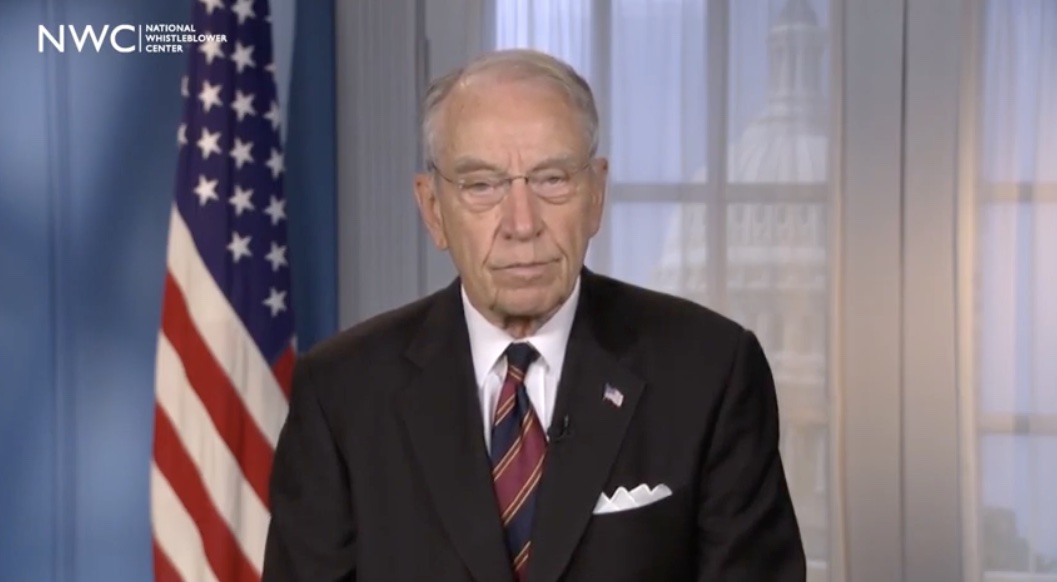Senator Tom Harkin cast his last votes in Congress over the weekend. After the jump I’ve posted the video and full transcript of Harkin’s final speech on the U.S. Senate floor, delivered on December 12. He and Iowa’s senior Senator Chuck Grassley were at odds in many roll-call votes these past two days. However, they both voted against the $1.1 trillion government funding bill senators passed late Saturday night. The 56 to 40 roll call reveals an unusual bipartisan split. Yes votes came from 32 Democrats and 24 Republicans, while 21 Democrats and 19 Republicans voted no. Liberals like Harkin found plenty to dislike in the so-called “cromnibus” spending bill. Notably, it included a big change to the Dodd-Frank financial reform law, which was literally written by one of the large banks that will benefit. The spending bill also includes a “big coal giveaway”, big cuts to the Environmental Protection Agency budget, and several other bad environmental provisions. What Democrats supposedly got out of the “cromnibus” wasn’t worth it in my opinion.
Just before the final vote on the spending bill, Senator Ted Cruz of Texas raised a constitutional point of order:
“If you believe President Obama’s executive order was unconstitutional vote yes,” Cruz said ahead of the vote on Saturday. “If you think the president’s executive order is constitutional vote no.”
Only 22 senators voted with Cruz and 74 voted against his point of order.
The roll call shows that Grassley was one of the Republicans who voted for the point of order. The group included several senators who may run for president (Rand Paul, Marco Rubio, Rob Portman) and a bunch of Republicans who are up for re-election in 2016 and presumably want to avoid a GOP primary challenge.
Many of the Republicans who opposed Cruz’s motion (including the Senate GOP leadership team) probably were motivated by the desire to avoid a government shutdown. Nevertheless, they are now on record voting no when Cruz said such a vote signified a belief that “the president’s executive order is constitutional.”
Also on Saturday, senators approved on party lines a series of motions to advance judicial nominees. Here Harkin and Grassley were on opposite sides. In fact, disagreements over whether to vote on these nominations delayed a final vote on the spending bill. Harkin and other Democrats backed all the nominations. Grassley will chair the Senate Judiciary Committee when the new Congress convenes and has promised more vigorous oversight of nominations. He objected to moving the judicial nominations during the lame-duck session, even though many of the nominees were non-controversial and had been approved by a Judiciary Committee voice vote. In fact, Republican senators from Illinois and Texas had recommended some of these nominees for federal judgeships.
Continue Reading...

